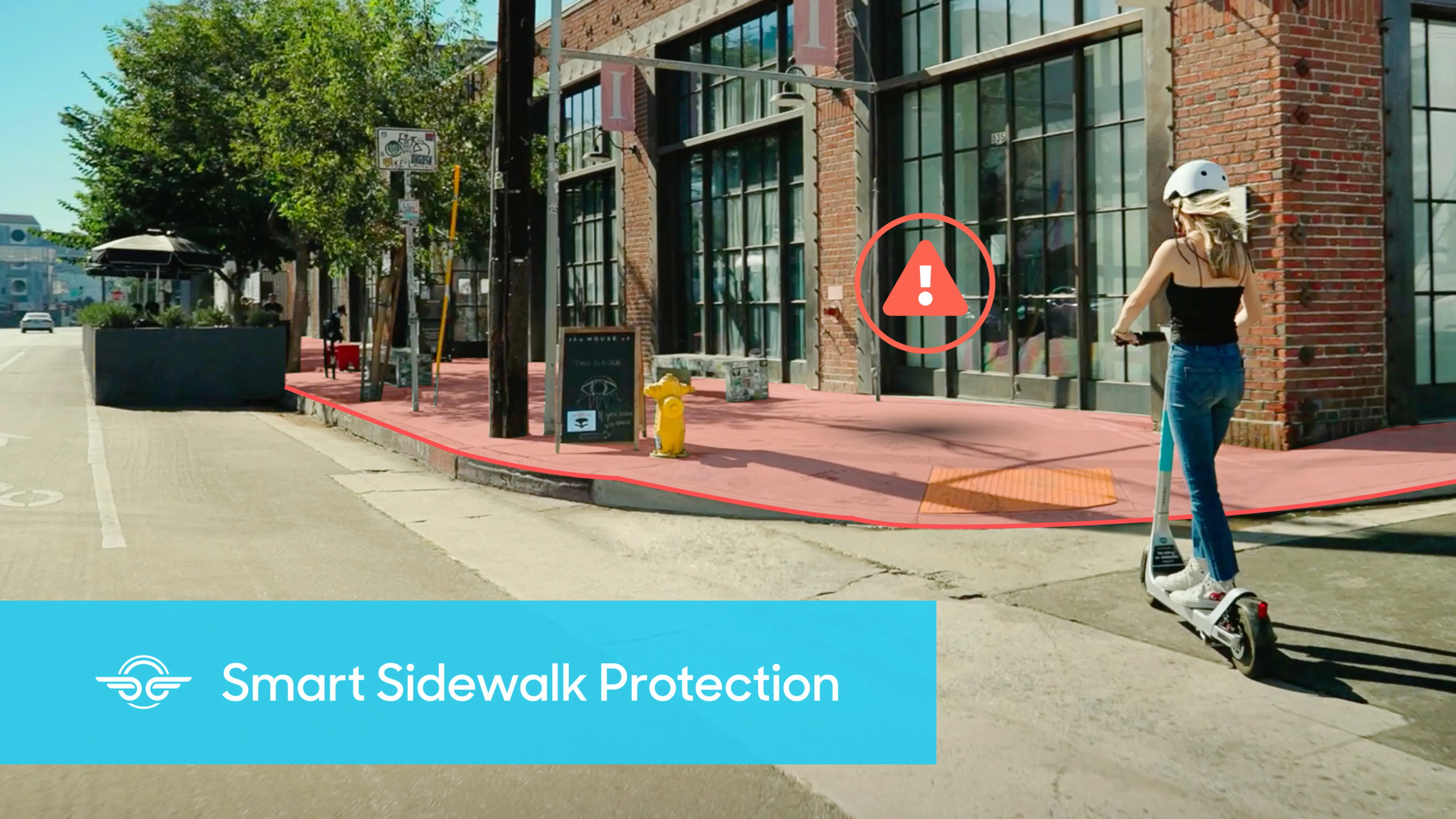
Spain-based infrastructure specialist Ferrovial has launched an initiative to develop 5G smart roads and advanced monitoring technology.
AIVIA Orchestrated Connected Corridors is a collaboration with Microsoft, 3M and Kapsch TrafficCom.
The company created AIVIA in response to the increasing importance that connected infrastructures will play as private and fleet vehicles head towards full autonomy.
Alejandro de la Joya, CEO of Cintra, Ferrovial’s highway operation company, says the corridors "will increase road safety for users, facilitating safe interaction between autonomous and conventional vehicles in high-density and high-speed urban corridors".
"We can reduce travel times and congestion while offering a 5G broadband network along our highways.”
Dimitris Bountolos, general director of information systems and innovation at Ferrovial, says: “This initiative offers a long-term vision for the development of orchestrated and connected corridors, as well as an immediate focus on physical improvements, increasing sensorisation and 5G / V2X connectivity in the corridor to increase road safety for the users and to support autonomous connected vehicles.”
According to Ferrovial, AIVIA will implement high-speed technologies in mixed traffic that will improve the traveller experience and enhance safety for highway maintenance personnel and road users.
As part of the project, Microsoft is applying cloud technologies like Internet of Things as well as data and artificial intelligence solutions.
Additionally, 3M is bringing retroreflective sign sheeting, pavement marking, temporary traffic control and road safety asset management software.
Alfredo Escriba, chief technology officer of Kapsch TrafficCom, says: “As a provider of ITS, our connected services technologies provide the technical infrastructure that enable critical safety and mobility applications. A comprehensive and coordinated approach is a necessary step toward developing a digitally-connected transportation infrastructure of the future.”










